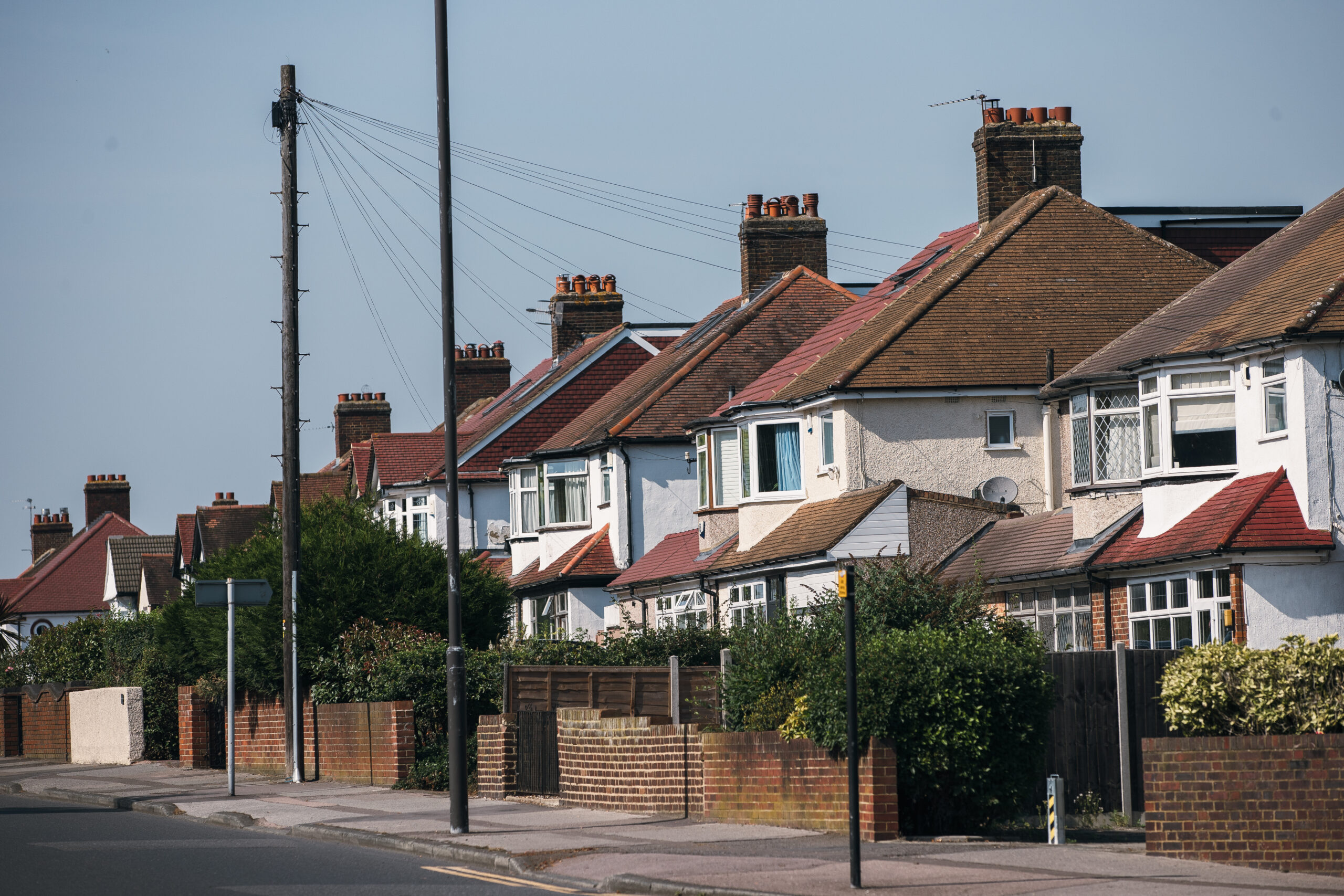New research finds the British public want bold action on health
- Widespread public support for stronger government interventions to improve health – challenging ‘nanny state’ myth and showing it could be a vote-winner, especially in key battleground seats
- Majorities back interventions such as junk food advert bans and holding landlords to account for poor housing conditions that undermine tenants’ health
- Strong appetite for action to hold corporations to account, with more placing responsibility for nation’s health on food industry than on NHS
A new report from the Institute for Public Policy Research (IPPR) and Public First, supported by Health Equals, challenges the idea that the British public is resistant to government action on public health. It reveals instead a strong appetite for intervention, particularly in communities that could decide the next general election.
The research reveals how voters really feel about public health, and how thoughtful, decisive action could deliver not only a healthier nation, but a winning strategy at the ballot box. Far from fearing state overreach, the public wants the government to step up – both with stricter regulation and increased support for families and children.
The research found especially strong support for government action in four critical areas:
- Housing standards: 80 per cent support tougher rules for landlords to ensure healthier living conditions.
- Workplace health: 71 per cent believe employers should be held accountable for staff wellbeing.
- Food and drink regulation: 65 per cent back banning junk food advertising in public spaces.
- Children and schools: 70 per cent want to see more investment in early childhood programmes like Sure Start and 67 per cent support free school meals for all state school pupils.
Polling and focus group data reveal that voters across political divides see health as a fairness issue – not just a matter of personal responsibility, but of the environments shaping people’s everyday choices. Notably, the public holds the food and drinks industry more accountable for the nation’s health than even the NHS: 84 per cent of adults believe the industry bears a “great” or “fair amount” of responsibility for public health, compared with 79 per cent who say the same of the NHS.
The data also shows a strong perceived link between health and the economy. Poor mental and physical health were the top public explanations for the UK’s slow productivity growth, ahead of Brexit, poor infrastructure or lack of investment. 83 per cent agreed that healthy people are more productive, and 66 per cent said investing in health grows the economy.
The report argues that health is a top-tier electoral issue, with voters ranking it just behind the cost of living as one of the most pressing challenges facing the country. Crucially, this interest is not just confined to traditional Labour voters – support for state action is strong in key marginal areas and among those whose support parties will need to win in 2029.
Paul McDonald, Chief Campaigns Officer at Health Equals, said:
It is encouraging that this report shows that the British public wants greater Government action on factors which hold us back from good health and wellbeing. People recognise the negative impact ill health can have on themselves, communities, and the wider economy. But it doesn’t have to be like this. Change is possible through things like improving housing standards, working conditions and greater access to healthy food. By taking action to prioritise these essential building blocks of health, the Government will contribute to national prosperity, build healthier communities, and stop lives being cut short.
Sebastian Rees, Principal Research Fellow and Head of Health at IPPR, said:
These findings dismantle the long-held assumption that bold health policy is politically risky. In reality, voters across the political spectrum see improving public health as a top priority and want the government to do more to allow them to live healthier lives.
The vast majority of people don’t see getting tough on the causes of illness as ‘nanny-statism’, but as a downpayment on the nation’s future health and wealth. Taking on powerful interests who undermine health – rogue landlords, toxic employers, and junk food advertisers – is seen as both fair and necessary to this cause.



